16 Travel-Worthy Countries That Actually Love Having Tourists Around
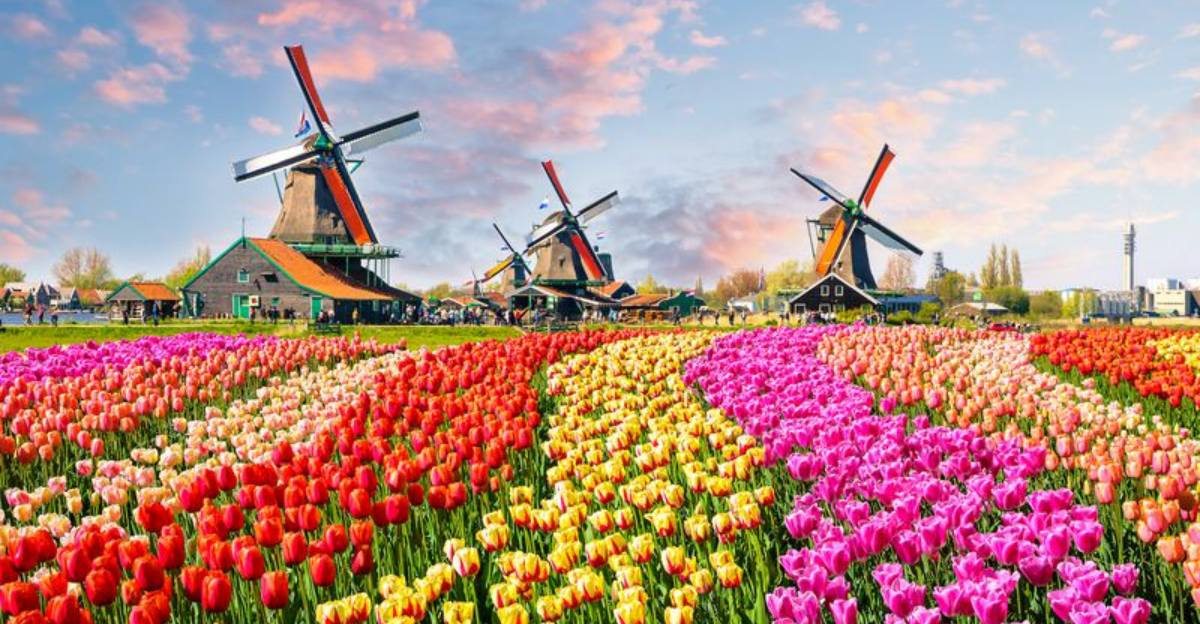
Ever wonder which countries genuinely welcome tourists with open arms? While some destinations struggle with overtourism, others have built their economies and cultures around sharing their homeland with visitors.
These 16 countries don’t just tolerate tourists – they celebrate them! From special tourist-friendly policies to genuine local hospitality, these destinations make travelers feel like honored guests rather than unwanted intruders.
1. Japan: Where Hospitality Is an Art Form

The concept of ‘omotenashi’ – selfless hospitality – runs deep in Japanese culture. Locals often go out of their way to help lost tourists, sometimes walking you to your destination even if it’s out of their way!
Japanese tourism officials have developed extensive English signage in major cities and trained special ‘tourism ambassadors’ to assist foreign visitors. Even in rural areas where English is limited, shopkeepers and restaurant owners use translation apps to communicate with you.
The country’s efficient public transportation, cleanliness, and low crime rate make exploring remarkably stress-free for international visitors.
2. Italy: The Eternal Tourist Destination

Mama mia! Italians have perfected the art of tourism over centuries. Family-owned restaurants and shops thrive on visitors, with many proprietors passing down tourism-focused businesses through generations.
You’ll find Italians eager to share their culture, food, and language with outsiders. Many towns organize seasonal festivals specifically aimed at attracting international visitors, creating authentic cultural exchanges rather than tourist traps.
Despite managing millions of visitors annually, Italy continues expanding tourism infrastructure while preserving its historic charm – a delicate balance few countries achieve so gracefully.
3. Australia: G’day to Every Visitor

The famous Aussie friendliness isn’t just a stereotype – it’s government policy! Australia’s tourism sector employs over 660,000 people who pride themselves on creating memorable experiences for international guests.
Coastal towns have built their entire economies around welcoming beach-goers and adventure seekers. From free BBQ facilities in public parks to helpful visitor centers in even the smallest towns, Australia invests heavily in tourist comfort.
Many Australians will invite you to join their gatherings within minutes of meeting you – that’s how naturally hospitable they are!
4. New Zealand: Small Country, Big Welcome

Kiwis embrace tourism as both economic necessity and cultural opportunity. The traditional Māori concept of ‘manaakitanga’ (showing respect and hospitality to guests) extends to how the entire country approaches tourism.
Have you noticed how New Zealand deliberately limits visitor numbers to certain attractions? This isn’t to discourage tourism but to preserve experiences for future visitors – showing remarkable long-term thinking.
Local tour operators often include home visits or meals with residents, creating genuine connections between travelers and locals that benefit both groups.
5. Canada: Politeness as National Policy

Sorry not sorry – Canadians genuinely love tourists! The country’s multicultural identity creates natural empathy for visitors from all backgrounds. You’ll find tourism information centers staffed with multilingual guides even in smaller towns.
Canadians have developed excellent infrastructure specifically for international visitors, including clear signage in multiple languages and well-maintained public facilities. Many Canadian businesses offer special discounts and packages exclusively for international travelers.
The country’s national parks feature accessible trails and educational programs designed to help foreigners appreciate Canada’s natural wonders safely.
6. Thailand: The Land of Smiles Lives Up to Its Name

Tourism accounts for about 20% of Thailand’s GDP, but their welcome feels genuinely personal rather than purely economic. Street vendors learn basic phrases in multiple languages to better serve their international customers.
The Thai government continuously improves tourist facilities while training locals in hospitality skills. Many Thais view sharing their culture with outsiders as a point of national pride, not just a business transaction.
If you’ve visited, you’ve probably experienced how Thais often include tourists in local celebrations and festivals, creating memorable cultural exchanges.
7. Portugal: Europe’s Friendliest Hidden Gem

While neighboring Spain battles overtourism, Portugal has developed a reputation for authentic hospitality. Portuguese language schools offer special tourist-oriented crash courses so visitors can learn basic phrases quickly.
Did you know many Portuguese citizens speak excellent English and willingly switch languages to help lost tourists? The country has invested in tourism education, with many young people studying hospitality specifically to welcome international visitors.
Local festivals often feature special sections explaining traditions to foreigners, showing Portugal’s commitment to cultural exchange rather than just tourist dollars.
8. Costa Rica: Pura Vida Extends to All Visitors

The Costa Rican philosophy of ‘pura vida’ (pure life) naturally extends to how they treat tourists. Local communities have developed eco-tourism initiatives that benefit both visitors and residents, creating sustainable relationships.
Costa Ricans take genuine pride in showing off their country’s biodiversity and conservation efforts. Many families open their homes as small guesthouses, offering authentic experiences that large hotel chains simply can’t match.
Even in remote areas, you’ll find locals eager to practice English with you and share their favorite hidden spots that don’t appear in guidebooks.
9. Ireland: Where Every Tourist Becomes Family

The legendary Irish hospitality isn’t just found in pubs – it’s everywhere! Irish people genuinely enjoy conversing with visitors, often spending hours sharing stories and local knowledge without expecting anything in return.
Local tourism boards have created special programs connecting tourists with resident hosts for authentic experiences. Many Irish towns hold regular “visitor nights” at community centers where tourists can meet locals through music, dance, and food.
If you look lost in Ireland, expect at least three people to offer directions simultaneously – that’s how eager they are to help!
10. Netherlands: More Than Just Amsterdam

The Dutch approach to tourism focuses on spreading visitors throughout the country rather than concentrating them in Amsterdam. This creates authentic experiences while preventing overtourism in any single location.
Almost everyone in the Netherlands speaks excellent English, eliminating communication barriers for most visitors. Dutch cities invest heavily in tourism infrastructure, with clear signage, excellent public transportation, and well-maintained bicycle paths designed with visitors in mind.
Many Dutch families participate in home-stay programs, welcoming tourists into their homes for meals or overnight stays to provide cultural immersion.
11. Iceland: Cold Climate, Warm Welcome
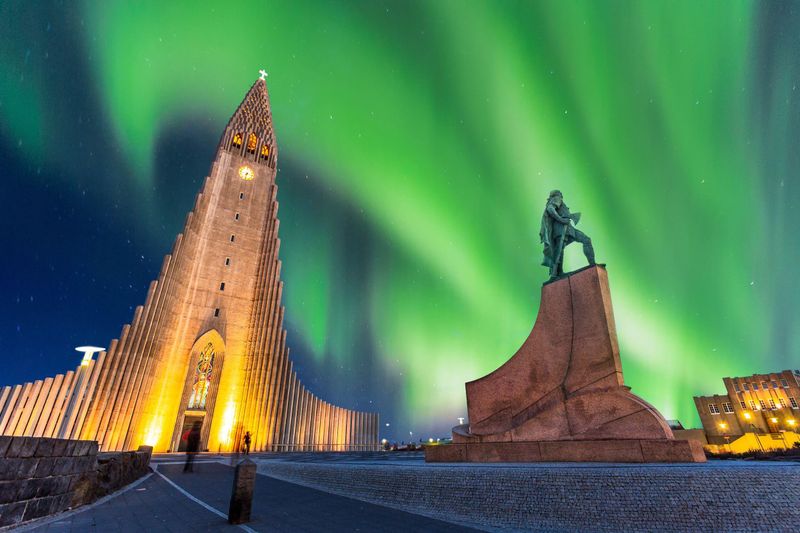
Despite its small population, Iceland has developed world-class tourism infrastructure to accommodate its millions of annual visitors. Icelanders take pride in sharing their unique landscape and culture with outsiders.
The country’s tourism strategy focuses on sustainability, ensuring visitors can enjoy natural wonders without damaging them. Many locals volunteer as “tourism ambassadors,” helping visitors experience authentic Icelandic culture beyond commercial attractions.
When you’re in Iceland, don’t be surprised if locals invite you to join family gatherings or offer to show you secret spots off the typical tourist path!
12. Mexico: Where Hospitality Is Tradition
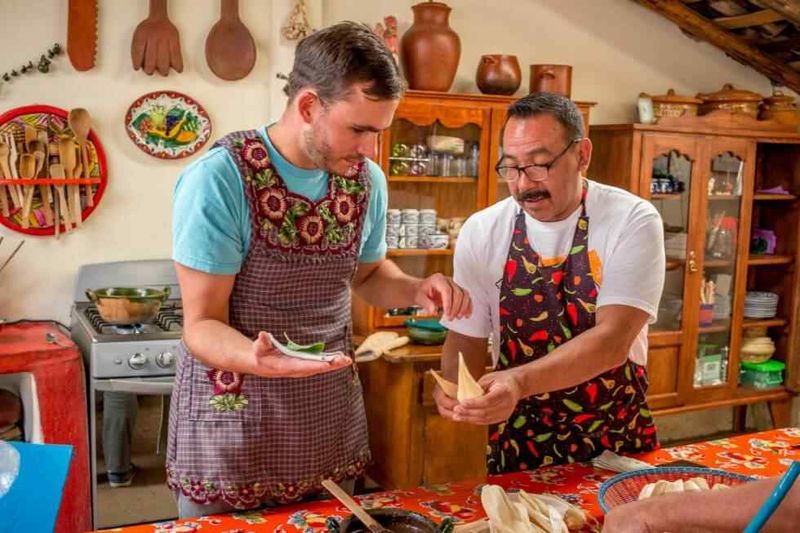
Mexican hospitality runs deeper than resort towns – it’s woven into the cultural fabric. Family-owned restaurants often serve complimentary items to tourists just to share their culinary traditions.
Beyond tourist zones, ordinary Mexicans frequently go out of their way to help visitors navigate their cities and towns. Many communities have developed tourism cooperatives that ensure visitor spending benefits local residents directly.
The concept of “mi casa es su casa” (my house is your house) isn’t just a saying in Mexico – it’s how many locals genuinely approach tourism.
13. Greece: Ancient Hospitality in Modern Times
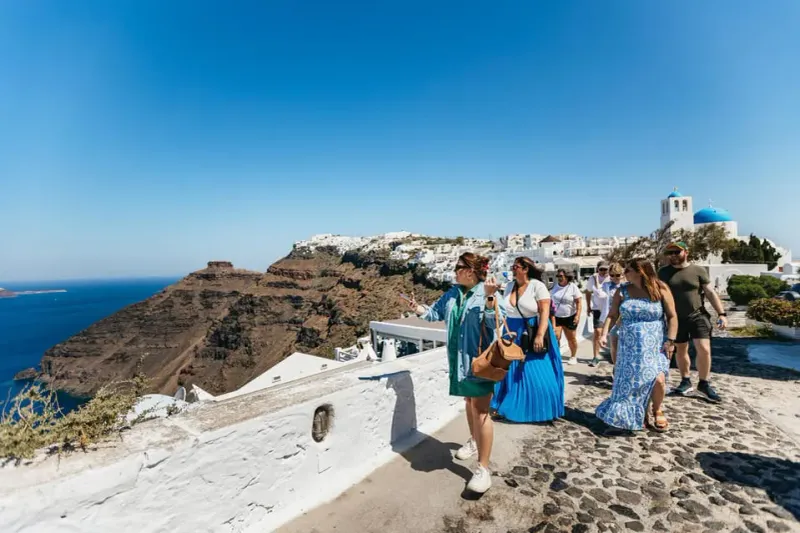
The Greek concept of ‘philoxenia’ – friend to strangers – dates back thousands of years and remains alive today. Island communities have developed tourism models that preserve local culture while welcoming visitors as temporary residents rather than outsiders.
Greek tourism often involves personal connections, with family-owned businesses passing down hospitality traditions through generations. Many Greeks view sharing their history and culture as a matter of national pride, creating enriching experiences for visitors.
Local festivals frequently include special activities designed to involve tourists in authentic cultural celebrations.
14. Spain: From Tapas to Tourist Trails

While managing mass tourism in some regions, Spain has developed innovative approaches to visitor integration. The Spanish concept of ‘sobremesa’ – lingering after meals for conversation – naturally includes tourists in social rituals.
Many Spanish cities have created special cultural exchange programs connecting visitors with local hosts. Regional tourism boards develop themed routes highlighting lesser-known areas, helping distribute tourism benefits throughout the country.
Spanish language schools offer tourist-specific courses, showing Spain’s commitment to breaking down barriers between visitors and locals.
15. France: Beyond the Parisian Stereotype
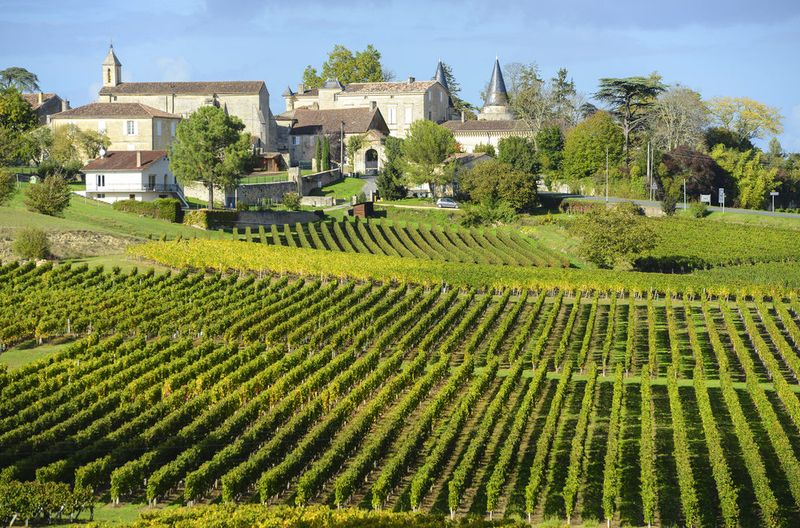
Forget the myth of rude Parisians – France has embraced tourism as both art and science. Outside major cities, rural French communities actively develop tourism experiences showcasing local products and traditions.
French wine regions have created specialized tasting rooms and tours specifically designed for international visitors. Many French families participate in cultural exchange programs, hosting tourists for meals or homestays to foster genuine connections.
The country continuously improves tourism infrastructure while preserving its cultural authenticity – a balance that benefits both locals and visitors.
16. Switzerland: Precision-Engineered Tourism
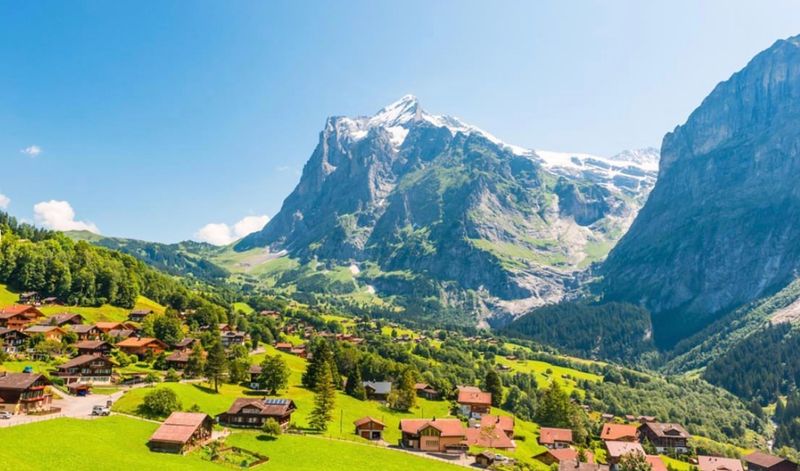
Swiss efficiency extends to how they welcome visitors, with multilingual staff in even the smallest mountain villages. The country has developed remarkable tourism infrastructure that makes navigating unfamiliar terrain surprisingly easy for foreigners.
Alpine communities have transformed seasonal farming practices into year-round tourism opportunities without losing cultural authenticity. Many Swiss families maintain guest rooms specifically for travelers, continuing a tradition that dates back to early Alpine exploration.
Swiss tourism schools are among the world’s finest, training hospitality professionals who view serving visitors as a prestigious career rather than just a job.
